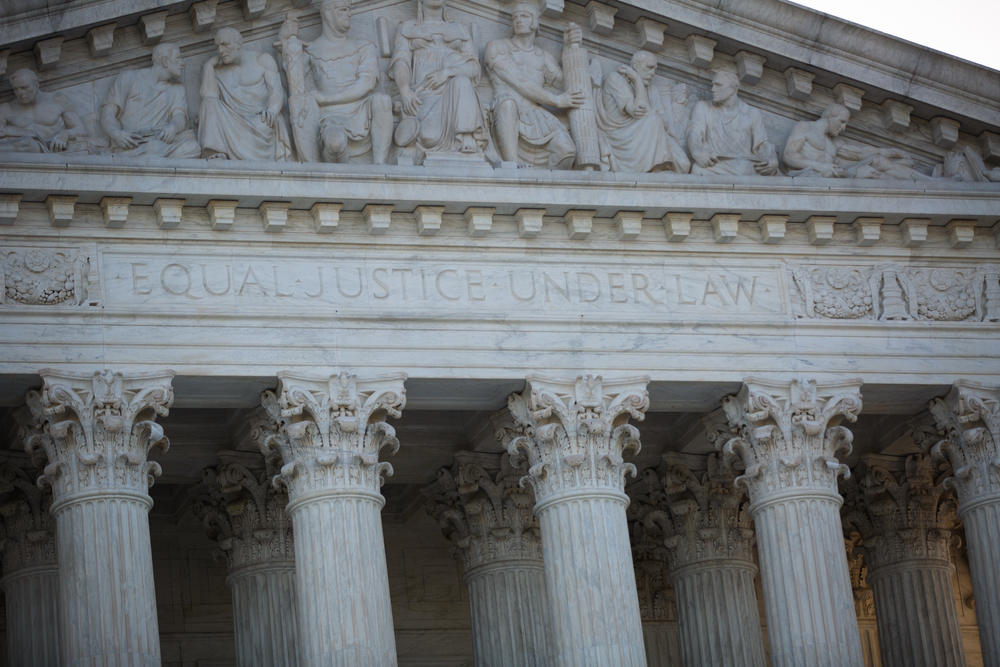On February 25, President Biden nominated Judge Ketanji Brown Jackson to become the 116th Justice of the United States Supreme Court. If confirmed, Judge Jackson would take the seat of retiring Justice Stephen Breyer and become the court’s first Black female justice. Judge Jackson was first appointed by President Obama in 2013. She served on both the U.S. Court of Appeals for the D.C. Circuit, the U.S. District Court for the District of Columbia.
According to her record of cases, Judge Jackson has had limited experience with cases involving Indian tribes and tribal interests. She issued decisions in Mackinac Tribe v. Jewell, 87 F. Supp. 3d 127 (D.D.C. 2015), aff’d, 829 F.3d 754 (D.C. Cir. 2016), and Fredericks v. United States Department of Interior, No. 20-cv-2458 (KBJ), 2021 WL 2778575 (D.D.C. July 2, 2021).
The Mackinac case involved an unrecognized group seeking federal recognition. The group claimed that the United States recognized it as a tribe in an 1855 treaty and sought a declaration that it was a federally recognized tribe under the Indian Reorganization Act (IRA) as well as an order directing the Secretary of the Interior to aid the group in organizing a tribal government under the IRA. Judge Jackson dismissed the case finding that the group did not exhaust its administrative remedies—in particular pursuing recognition through 25 C.F.R. Part 83.
The Fredericks case involved a trust allotment on the Fort Berthold Indian Reservation, an oil and gas lease, royalties from oil and gas production, and interpretations of the Fort Berthold Mineral Leasing Act (FBMLA) and the American Indian Probate Reform Act (AIPRA). Judge Jackson deferred to the actions of the Secretary under the FBMLA and the AIPRA in approving the oil and gas lease and paying royalties to a surviving spouse with a life estate.
Overall, these decisions show Judge Jackson’s deference to the actions of federal agencies and agency procedures. Her opinions in these cases indicate that she has some familiarity with federal Indian law, but the cases do not provide much insight into Judge Jackson’s views on tribal sovereignty, tribal resources, or tribal rights.

